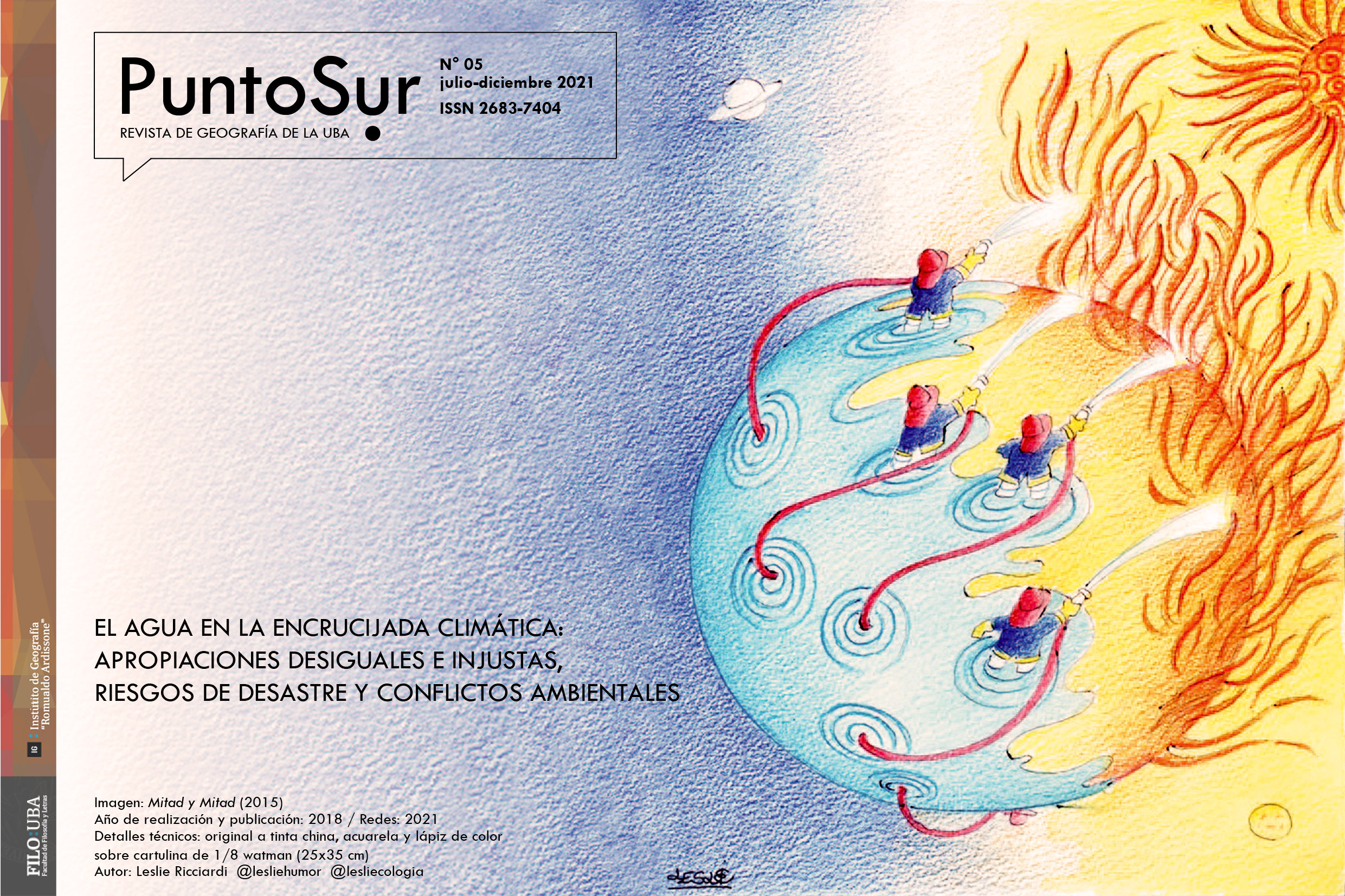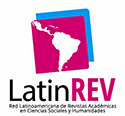Fracking en el sur de Mendoza: riesgos, incertidumbres y resistencias en contexto de una mega-sequía
Palabras clave:
fracking, Vaca Muerta, sequía, riesgo, incertidumbre
Resumen
En el año 2017, coincidiendo con la formación geológica Vaca Muerta –ubicada en las provincias argentinas de Mendoza, Neuquén, Río Negro y La Pampa–, comenzó a utilizarse en la provincia de Mendoza la técnica de fracking para la explotación de hidrocarburos no convencionales. En Mendoza, las resistencias a la megaminería basadas en la defensa del agua, un bien escaso y muy preciado, han sido de las más exitosas y trascendentes a nivel nacional. Sin embargo, el fracking tuvo una rápida autorización acompañada por la flexibilización de la legislación ambiental y un duro cuestionamiento a las voces críticas por parte del gobierno provincial. Ante este panorama, en el presente trabajo analizaremos cómo, a diferencia de lo acontecido en torno a la minería a gran escala, en el caso del fracking la protección del agua fue descuidada y la oposición social criminalizada. Por su parte, movimientos socioambientales y otros actores sociales, especialmente del sector científico-académico, han colocado en el debate público la situación de “mega-sequía” que atraviesa la provincia, la escasa evaluación de los riesgos y la incertidumbre generada por estas falencias. Una incertidumbre que se incrementa por el inicio de nuevas actividades extractivas que generan controversias y contradicciones con las políticas de cambio climático y con los objetivos de avanzar hacia una transición energética.Descargas
Publicado
2021-12-29
Cómo citar
Wagner, L. (2021). Fracking en el sur de Mendoza: riesgos, incertidumbres y resistencias en contexto de una mega-sequía. Punto Sur, (5). https://doi.org/10.34096/ps.n5.11001
Sección
Dossier






















